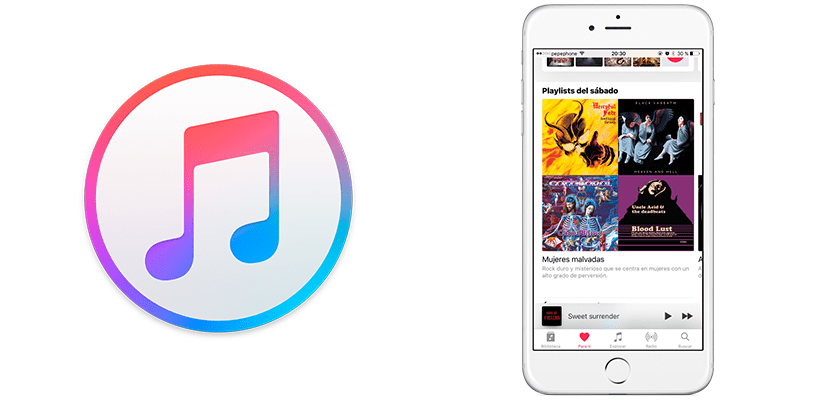
The main refusal on the part of the holders of the rights of the artists in the face of streaming reproduction through services such as Apple Music or Spotify is the money they earn. Because make no mistake, the only thing they want is to keep expanding their pockets. However, much criticism was made of Apple with the launch of Apple Music due to the possibility that it was haggling or pressuring record companies to pay them less. However, according to the most recent information, Apple Music pays artists far more for streams of their songs than services like Spotify.
It has been the research team of The Trichordist who has come to the conclusion that Apple pays much more to record companies and artists than its direct competition, Spotify. And is that The Cupertino company pays $ 0,00735 for each of the reproductions of a song on Apple Music. Meanwhile, Spotify is offering a remuneration of 0,00437 dollars for each of the reproductions, which is almost half. In this way, the myth originated by the golden blonde (Taylor Swift) who accused Apple of using malpractices in terms of royalties is dismantled, although later the same lady would end up winning Apple's most important advertising contract Music.
In short, Apple Music is still quite a minority, and it produces only 13,35% of the total income corresponding to this type of broadcasts. Lead then Spotify, which generates 69,57% of total revenue, a growth of almost 7% over the same period last year. The good health of Spotify continues, while Apple Music, regardless of who it may, has stagnated in a number of users that does not seem to grow.
